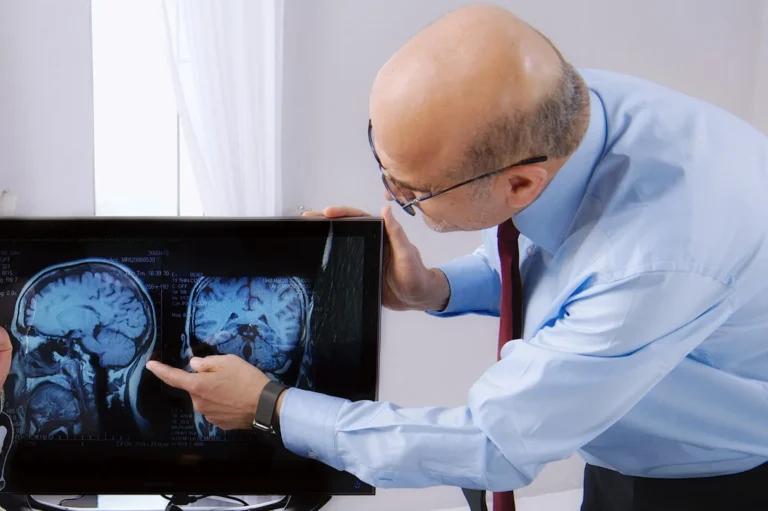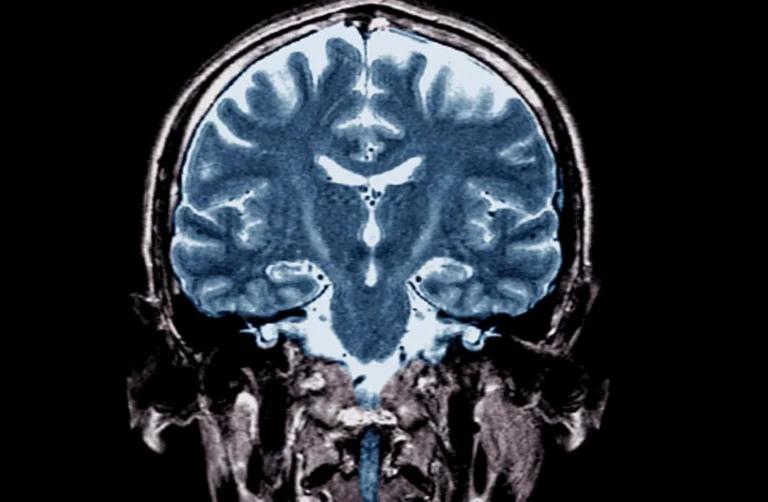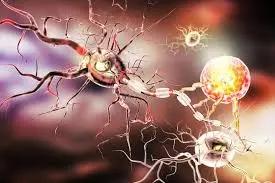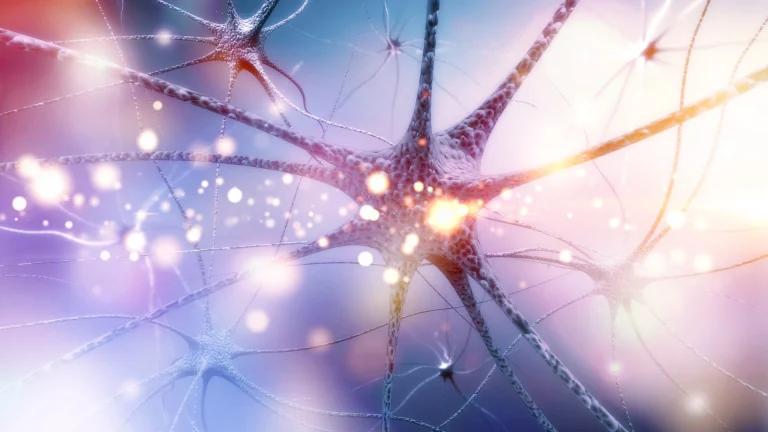
Motor neurone disease (MND), also known as amyotrophic lateral sclerosis (ALS) is a debilitating condition that affects the brain and nerves. While the majority of cases are sporadic MND (no family history), a small percentage (5-10%) of MND patients have a family history of the disease, known as familial or inherited MND.
This article looks into inherited MND, shedding light on its causes, symptoms, diagnosis, treatment, and the emotional impact it can have on families. We’ll explore the options available to those affected and provide valuable insights to help navigate this challenging journey.
Understanding motor neurone disease
Before we delve into the inherited aspects of MND, let’s first understand the condition itself. Motor neurone disease is a progressive neurological disorder that affects the motor neurons, which are the nerve cells responsible for transmitting signals from the brain to the muscles, enabling movement.
As these motor neurons gradually deteriorate, individuals with MND experience a range of symptoms, including:
- Muscle weakness and wasting, often starting in the arms or legs
- Slurred speech and difficulty swallowing
- Muscle cramps and involuntary twitches
- Difficulty with tasks requiring fine motor skills, such as buttoning shirts or opening jars
- Uncontrolled emotional outbursts, like laughing or crying inappropriately
While the exact cause of MND is not fully understood, it is believed to be a combination of genetic and environmental factors. In most cases, the disease appears to occur spontaneously, without any apparent family history.
The inherited form of MND
Inherited or familial MND is a rare form of the disease that is caused by a gene mutation passed down from one generation to the next. This mutation occurs in the genetic code that provides instructions for producing various proteins in our bodies. The genes identified by MND research to cause inherited MND are SOD1, TARDBP (TDP-43), FUS, and C9ORF72.
Inherited MND follows what is known as a “dominant inheritance pattern.” This means that an individual only needs to inherit one faulty copy of the gene from either parent to develop the disease. It’s important to note that even if an individual carries the mutated gene, there is no guarantee that they will develop MND during their lifetime.
Identifying a family history of MND
If you have been given a diagnosis of MND and have a relative who has also been affected by the disease, you likely have the inherited form of the condition. However, it’s crucial to gather as much information as possible about your family’s medical history to aid in the diagnosis.
When consulting with a neurologist, be prepared to provide details about any relatives who may have experienced symptoms similar to MND, such as speech or mobility issues, even if they were not formally diagnosed. It’s also essential to mention any cases of frontotemporal dementia (FTD) in your family, as recent research has found a link between MND and this form of dementia.
The age at which your relatives passed away can also provide valuable insights. MND, even when inherited, tends to occur later in life. Therefore, a relative who died at a young age from other causes may have carried the disease-causing gene without developing symptoms.
Genetic testing for inherited MND
If you have a strong family history of MND, you may be eligible for genetic testing to identify the specific gene responsible for causing the disease in your family. This process can help confirm the diagnosis of inherited MND and provide valuable information for family members who may be at risk.
It’s important to note that not all genes linked to inherited MND have been identified through research, so testing may not always be accurate. Additionally, the decision to undergo genetic testing is a personal choice that should be carefully considered, as it can have significant implications for individuals and their families.
Managing emotional reactions to inherited MND
A diagnosis of inherited MND can trigger a range of complex emotions, including guilt, anxiety, and depression. Concerns about passing the faulty gene to future generations or the possibility of distant family members being at risk can be overwhelming.
It’s crucial to acknowledge these feelings and seek support from healthcare professionals, counsellors, or support groups. Open communication within the family can also help manage these emotions and foster a supportive environment.
Care and support for inherited MND
The care and support required for individuals with inherited MND are similar to those with the non-inherited form of the disease. A team of specialists, including neurologists, nurses, physiotherapists, occupational therapists, speech and language therapists, and dietitians, work together to provide care and manage symptoms.
Treatment options may include medications to slow disease progression, physical and speech therapy, assistive devices, and emotional support for both the individual and their carers.
Starting a family with inherited MND
For individuals with inherited MND who wish to start a family, there are several options available. Genetic counselling can help couples understand the risks and make informed decisions about family planning.
Options may include:
- Preimplantation genetic diagnosis (PGD): This technique involves screening embryos created through in vitro fertilization (IVF) for the specific genetic mutation associated with inherited MND before implantation
- Egg or sperm donation: Couples can choose to use donated eggs or sperm from individuals without the genetic mutation to conceive a child
- Adoption: For some families, adoption may be a viable option to have children without the risk of passing on the inherited form of MND
It’s essential to consult with genetic counsellors and healthcare professionals to understand the risks, benefits, and ethical considerations associated with each option.
Ongoing research and clinical trials
Researchers are continuously working to uncover the complex nature of inherited MND, develop more effective treatments and potentially find a cure. Clinical trials play a vital role in this process, allowing individuals with inherited MND to take part in research and potentially benefit from new therapies.
Support networks and resources
Living with inherited MND can be a challenging journey, but you don’t have to go through it alone. Various support networks and resources are available to provide information, emotional support, and practical assistance.
Organisations such as the Motor Neurone Disease Association (MND Association) offer a wealth of resources, including:
- Information guides and factsheets
- Support groups and forums
- Helplines and online chat services
- Advocacy and awareness campaigns
Connecting with others who understand the unique challenges of inherited MND can be invaluable in coping with the emotional and practical aspects of the disease.
Conclusion
Inherited motor neurone disease is a complex and challenging condition affecting individuals and entire families. While the journey may be difficult, understanding the genetic components, seeking support, and staying informed about the latest research and treatment options can empower those affected to make informed decisions.
Sources
- Inherited MND: Introduction
- Motor neurone disease – NHS
- Inherited motor neurone disease (MND) – Health Talk
Medical Disclaimer
NowPatient has taken all reasonable steps to ensure that all material is factually accurate, complete, and current. However, the knowledge and experience of a qualified healthcare professional should always be sought after instead of using the information on this page. Before taking any drug, you should always speak to your doctor or another qualified healthcare provider.
The information provided here about medications is subject to change and is not meant to include all uses, precautions, warnings, directions, drug interactions, allergic reactions, or negative effects. The absence of warnings or other information for a particular medication does not imply that the medication or medication combination is appropriate for all patients or for all possible purposes.









